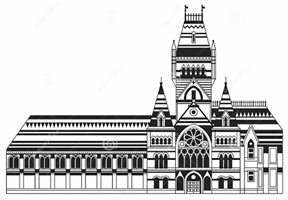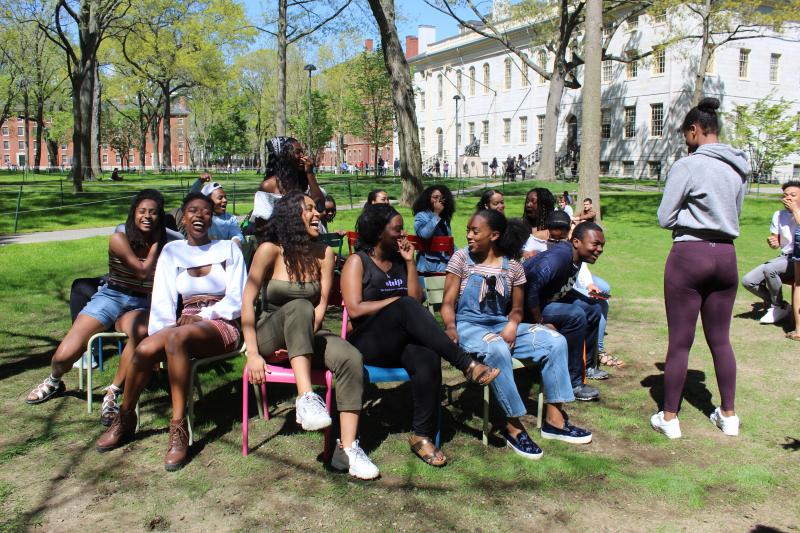Standards Massachusetts | Wintersport
Related:

#Snowstorms ❄️ are no match for our facilities team. Watch to see what it takes to keep our #Northeastern community safe and our #Boston campus clean. https://t.co/lDcjFRRhlw
— Northeastern U. (@Northeastern) January 20, 2023
Standards Massachusetts | Planning, Real Estate, and Facilities
Thankful for the misters during summer 2 move-out 🔥 💦 pic.twitter.com/bKgWE7qVnJ
— Northeastern U. (@Northeastern) August 13, 2025
Hillsdale College | The Theological–Political Problem and the American Founding | Glenn Ellmers
From George Washington to the Hebrew Congregation in Newport, Rhode Island, 18 August 1790
The Best Breakdown of America You’ve Never Heard: Richard Miniter
In Federalist No. 2, John Jay [1764 Graduate of King’s College; now Columbia University] argues that a strong union under the Constitution will promote peace and prosperity, which are conducive to the spread of religion and morality:
“Providence has been pleased to give this one connected country to one united people—a people descended from the same ancestors, speaking the same language, professing the same religion, attached to the same principles of government, very similar in their manners and customs… These considerations, and many others that might be mentioned, prove, and experience confirms it, that artificial distinctions and separations of [America’s] land are essentially unnatural; and that they may be eradicated and extirpated by the united and advisable efforts of individuals and communities…”
The Federalist Papers discuss themes of morality, social order, and the importance of a cohesive society, they do not explicitly emphasize the importance of Christian faith to the American constitutional republic. The authors generally focused on principles of governance, political theory, and the structure of the proposed Constitution.
“The experience of the sacred is a universal phenomenon,
found in all human societies, however primitive or complex.”
— 1957 Mircea Eliade (‘The Sacred and the Profane’)
Harvard’s Memorial Chapel, also known as Memorial Church, was designed by the architectural firm Coolidge, Shepley, Bulfinch, and Abbott. The church was dedicated on Armistice Day, November 11, 1932, as a memorial to Harvard alumni who died in World War I.
 |
Sunday Service Announcements and Music Notes
John Harvard, the namesake of Harvard University, was a 17th-century English minister lived on campus from 1607 – 1638 and conformed to Puritan ideal of dedicating Sundays to worship, prayer, and rest.
This content is accessible to paid subscribers. To view it please enter your password below or send mike@standardsmichigan.com a request for subscription details.
Bill Ackman: Anti-Semitism at Harvard

Harvard Black Students Association: “Harvard is ‘Ours’ Now”
Dr. Claudine Gay Doctoral Dissertation
“Taking charge: Black electoral success and the redefinition of American politics”
Related:
This content is accessible to paid subscribers. To view it please enter your password below or send mike@standardsmichigan.com a request for subscription details.
Check out our healthy recipes page here: https://t.co/4pu4UAA0JW pic.twitter.com/6dmxSdEUtt
— UMass Ag/Food/Env (@CAFE_UMass) June 9, 2025
Cranberry Mule: A holiday twist on the classic Moscow Mule, featuring cranberry juice, ginger beer, and vodka. Garnish with a slice of lime and fresh cranberries. Here’s a simple recipe for a “Cranberry Mule”:
2 oz vodka
4 oz ginger beer
2 oz cranberry juice
1/2 oz fresh lime juice
Ice
Cranberries and lime slices for garnish
Instructions:
Fill a copper mug (or another glass of your choice) with ice.
Pour in the vodka and cranberry juice.
Add the fresh lime juice.
Top off with ginger beer.
Stir gently to combine the ingredients.
Garnish with cranberries and a lime slice.
Eero Saarinen‘s MIT Chapel is widely regarded as a masterpiece of modernist architecture and has been praised by architectural critics for its innovative design and spiritual atmosphere. Here are some examples of what critics have written about the chapel:
Ada Louise Huxtable, writing in The New York Times in 1955, described the chapel as a “sacred space of rare and exceptional quality” and praised its “dramatic contrasts of light and dark, scale and detail, intensity and serenity.”
Vincent Scully, writing in Architectural Forum in 1956, called the chapel “a consummate work of art” and praised Saarinen’s use of light and form to create a “subtle and mysterious” atmosphere.
Reyner Banham, writing in New Society in 1964, described the chapel as “an object of timeless quality” and praised its “radiant luminescence” and “clear and quiet” spatial qualities.
Paul Goldberger, writing in The New York Times in 2003, called the chapel “one of the great architectural treasures of the 20th century” and praised its “perfectly balanced” combination of light, color, and texture.
Overall, critics have praised the MIT Chapel for its innovative design, its spiritual atmosphere, and its skillful use of light and form. The chapel is considered one of Saarinen’s most important works and a landmark of modernist architecture.
Our Short Documentary: Meral Ekincioglu, Ph.D
Interview: David Adjaye at MIT
International Existing Building Code
Encourages the use and reuse of existing buildings. This code covers repair, alteration, addition and change of occupancy for existing buildings. and historic buildings, while achieving appropriate levels of safety without requiring full compliance with the new construction requirements contained in the other I-Codes. Key changes in the 2021 IEBC® include:
Religion is a culture of faith; science is a culture of doubt. pic.twitter.com/H6dgJ5DnSC
— Prof. Feynman (@ProfFeynman) October 8, 2023
New update alert! The 2022 update to the Trademark Assignment Dataset is now available online. Find 1.29 million trademark assignments, involving 2.28 million unique trademark properties issued by the USPTO between March 1952 and January 2023: https://t.co/njrDAbSpwB pic.twitter.com/GkAXrHoQ9T
— USPTO (@uspto) July 13, 2023
Standards Michigan Group, LLC
2723 South State Street | Suite 150
Ann Arbor, MI 48104 USA
888-746-3670
